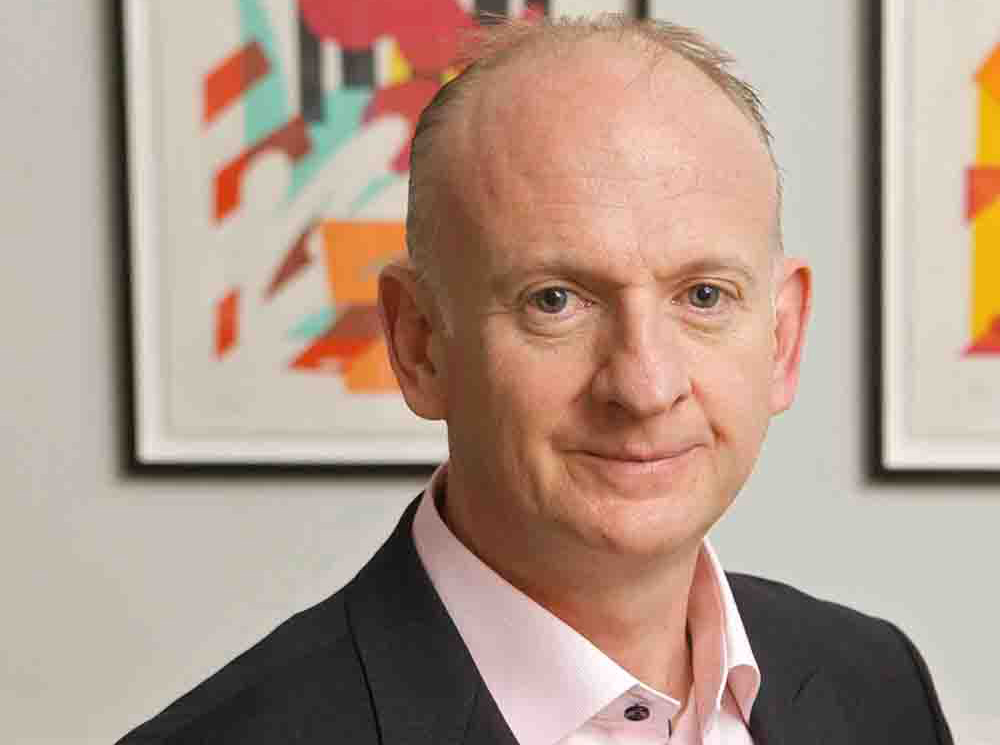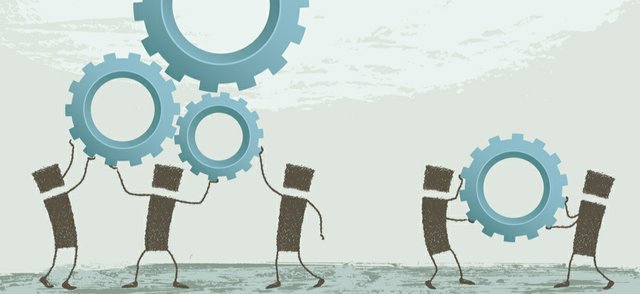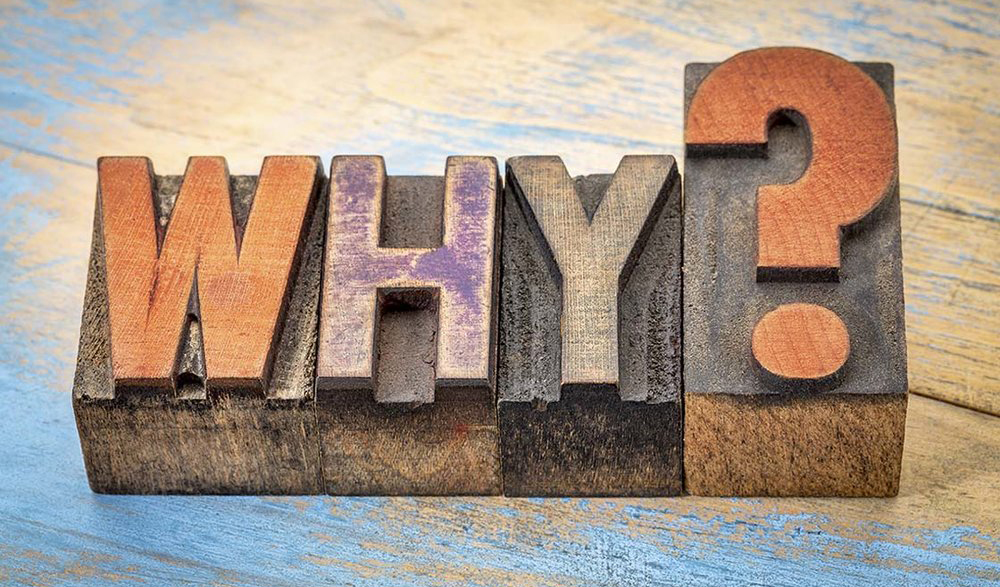
As we emerge from lockdown – one of the biggest social experiments ever – Luke Reaper argues that companies need to turn to the messy science of psychology to help solve some of their business challenges.
Having a background in psychology myself and having reviewed recent articles by The Behavioural Research Unit in the ESRI, the Economist and Rory Sutherland of Ogilvy, I was drawn to draft this article. It is really a compilation of thoughts that are floating around, and thus its objective is to hopefully prompt readers to think about what follows within the context of their own brands or organisations.
Covid-19 has been a catalyst for change on many levels, some temporary and some more permanent. Apart from the damage it unleashed on the world, it has been one of the greatest social experiments we have ever seen, and we need to take learnings from the experience.
The Winners Are….

Psychology is one of the winners, if there are in fact winners in this pandemic, in particular the discipline of behavioural science will be more to the fore in the future (especially in successful organisations).
High quality market research has been based in understanding the psychological dynamics of behaviour for many years and this is set to dramatically evolve. To quote Rory Sutherland, ‘One of the most interesting developments of the last three months is that, suddenly, every business question is a behavioural question’.
However, business needs to appreciate and embrace the benefits of this ‘messy’ science. It is different to economics where numbers add up, it is more explorative, but this is where the magic happens.
Solving business challenges psychologically delivers systemic change. It also enables the delivery of sustainable sources of profit by enabling organisations to develop areas of competitive advantage. It enables us to understand things we simply do not yet know.
The nine key drivers

Covid-19 has been a lesson in Behavioural Science for the masses (and business) and we should soak-up the learnings. Not since World War II have nations across the world adjusted their behaviours on such a scale. There are a number of reasons for this behavioural change (albeit the gravity of the situation i.e. the context is also important). These are the 9 drivers of the change we have witnessed:
- Confident no-nonsense leadership directing operations
- Consistent, non-conflicting information from trusted sources and experts
- Reassuring guidance – always on
- Clear and simple messages – easily recalled and Note the use of appropriate visualisation where necessary (e.g. handwashing)
- Actions that individuals could take to make a difference
- Validation that actions taken are being applied and are working (making a difference)
- Rewarding behavioural change
- Conditioning peoples’ behaviour over a period of time by undertaking 1-7
- Emotional adaptability as events unfolded – adjusting of messaging (keeping the finger on the pulse via high quality research)
The nuance of strategy guidance
It is not a case of developing a plan and just executing it with military precision, rather monitoring the impact, and subtly adjusting it to maintain impact and momentum.
Whatever your political views, the Irish response was simply more effect than other nations such as the UK and the USA. People, in the main, were onboard with the plan and changed their behaviour maintaining this change over a long period. It will be interesting to see how the adjustment in strategy to ‘people taking ownership’ works as we relax the controls.
Many of the communications are based on prior literature. For example, as Dr Robertson of the ESRI recently outlined, ‘concern for other people is one of the driving forces of people’s behaviour in situations like this’. The adjusting of communication around face masks illustrates again the power of using psychology to nudge behavioural change. Mistakes were made, of course, but speed of action was of the essence. While the NPHET review notes make for fascinating reading, I for one cannot wait for the book on this to be written.
The firepower of collaborative effort

What has this got to do with business you may ask?
Just as Government (and indeed the Pubic Service) and Science combined to deliver in the Covid-19 crisis, business too can combine with Science or indeed Academia in general. At Behaviour & Attitudes (B&A) we have long married both commercial and academic research. Both can learn from each other and the combination of both is significantly more powerful. There are two benefits to this marriage.
The first is that it will allow us, in the broadest sense to make changes and advance services and products which benefit society. Even before this crisis, the world and organisations were reflecting on the capitalism model and how it would evolve.
Covid-19 has the potential to be a catalyst to move this dialogue forward. Thus, are we looking at ‘capitalism with a social conscience’? By bringing academia and in particular psychology into business strategy a more touch sensitive model can be imagined.
The second benefit is business-selfish in nature. To have enduring competitive advantage we need to understand the ‘why’ and delve deeper. Too much so called insight is superficial, and pop psychology in nature. Even in data science circles the witch doctors are being found out. We need to engrain psychological problem solving within business, and at the highest levels.
The richness of ‘why’

We need to understand at a profound level why people use our products and services. For example, people don’t just visit a restaurant for sustenance, it’s the experience, ambience and potentially their own social positioning.
So, restaurateurs need to be creative in the current environment to build an appealing sensory and physical experience.
If we analyse the reasons people really buy dishwashers, we find the underlying psychology resides in hiding the dirty dishes and the smell, it’s not just about washing dishes per se.
In Ireland and the UK over lockdown we saw a retreat to more traditional activities such as baking, gardening, etc. Why? It was not just something to keep us busy, they were an emotional retreat to something familiar. Baking delivers a familiar, warmth (my granny), has a learning curve, and delivers a sense of achievement. It also enables collaboration and engagement and a method to display (show off to people) – rich territories for communications.
Thus, never before has deeper level of thinking been more important as people emerge from their attics and we head into a recession.
The spontaneity of life has been reduced for the foreseeable future, we have to increasingly plan and schedule to visit, buy and perform. This behavioural change alone presents very interesting and rewarding opportunities. So, let us continuously learn as we progress through this crisis, and think a bit deeper and ask WHY more, and embrace the discipline of Psychology, and indeed high quality marketing research and insight.
Luke Reaper is managing director of B&A and chairman of AIMRO.




















